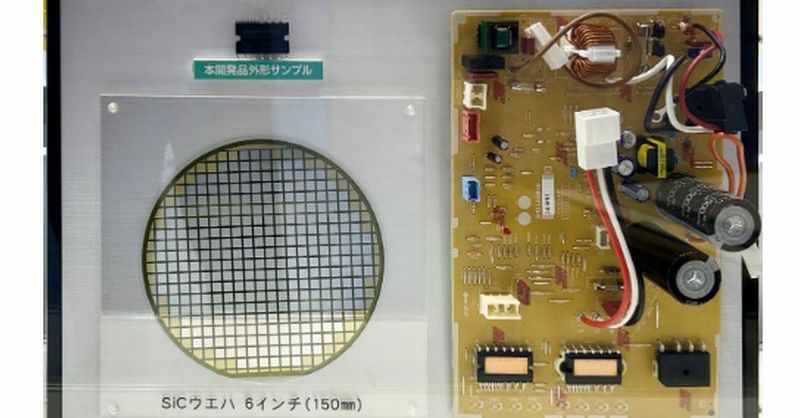SiC and Si Chip IPMs: Revolutionizing Power Electronics and Slashing Your AC Bills
Are you tired of sky-high electricity bills? The cost of powering our homes and businesses is constantly increasing, making energy efficiency a top priority. Fortunately, a technological breakthrough is poised to dramatically reduce energy consumption and lower your AC bills: Silicon Carbide (SiC) and Silicon (Si) chip-based Intelligent Power Modules (IPMs). This article dives deep into this exciting development, exploring how these innovative power semiconductors are transforming the energy landscape.
Understanding the Power of SiC and Si Chip IPMs
Traditional power electronics rely heavily on Insulated Gate Bipolar Transistors (IGBTs) which, while functional, suffer from significant energy losses due to switching and conduction. This translates directly to higher electricity bills for consumers. SiC and Si IPMs, however, offer a significant advantage: higher efficiency.
-
Silicon Carbide (SiC): SiC boasts a much wider bandgap than silicon, resulting in lower switching losses and higher operating temperatures. This translates to significantly improved efficiency, particularly in high-power applications like air conditioners. SiC devices can handle higher voltages and currents with less heat generation.
-
Silicon (Si) IPMs: While not as revolutionary as SiC, advanced silicon-based IPMs continue to improve in efficiency, offering a more cost-effective alternative for certain applications. These modules integrate multiple components onto a single chip, simplifying design and improving reliability.
-
Intelligent Power Modules (IPMs): IPMs are not just about the semiconductor material. They are sophisticated integrated circuits combining power transistors, gate drivers, and protection circuits all in one compact package. This integration simplifies system design, reduces component count, and enhances reliability, leading to more efficient energy management.
How SiC and Si Chip IPMs Lower Your AC Bills
The superior efficiency of SiC and Si IPMs directly impacts your energy consumption and, consequently, your electricity bills. Here's how:
-
Reduced Energy Losses: The lower switching and conduction losses mean less energy is wasted as heat. This translates to less power needed to achieve the same cooling capacity.
-
Increased Efficiency of AC Units: By incorporating SiC or advanced Si IPMs, AC manufacturers can design more efficient units, consuming significantly less power while delivering the same cooling performance.
-
Improved Power Factor: SiC and Si IPMs contribute to a higher power factor, maximizing the effective use of electricity from the grid.
The Future of Energy Efficiency: SiC and Si IPM Adoption
The adoption of SiC and Si IPMs is rapidly expanding across various industries, including:
-
HVAC (Heating, Ventilation, and Air Conditioning): The most significant impact is seen in residential and commercial air conditioners, offering substantial energy savings.
-
Electric Vehicles (EVs): The high efficiency and power density of SiC are crucial for optimizing EV motor control and battery charging.
-
Renewable Energy Systems: SiC and Si IPMs play a key role in improving the efficiency of solar inverters and wind turbine converters.
Finding Energy Efficient AC Units
When purchasing a new air conditioner, look for models that specifically mention the use of SiC or advanced Si IPMs. While these technologies might result in a slightly higher upfront cost, the long-term energy savings will quickly offset the difference. Check for Energy Star certifications and compare energy efficiency ratings (SEER) to make an informed decision.
Conclusion: Embracing the Energy-Efficient Future
SiC and Si chip IPMs represent a significant advancement in power electronics, paving the way for a more energy-efficient future. By understanding the benefits and actively seeking out these technologies, you can drastically reduce your energy consumption and significantly lower your electricity bills. The future of cooling is efficient, and it's here.
(CTA): Learn more about energy-efficient HVAC systems and find certified installers near you by searching online or consulting your local utility company.
